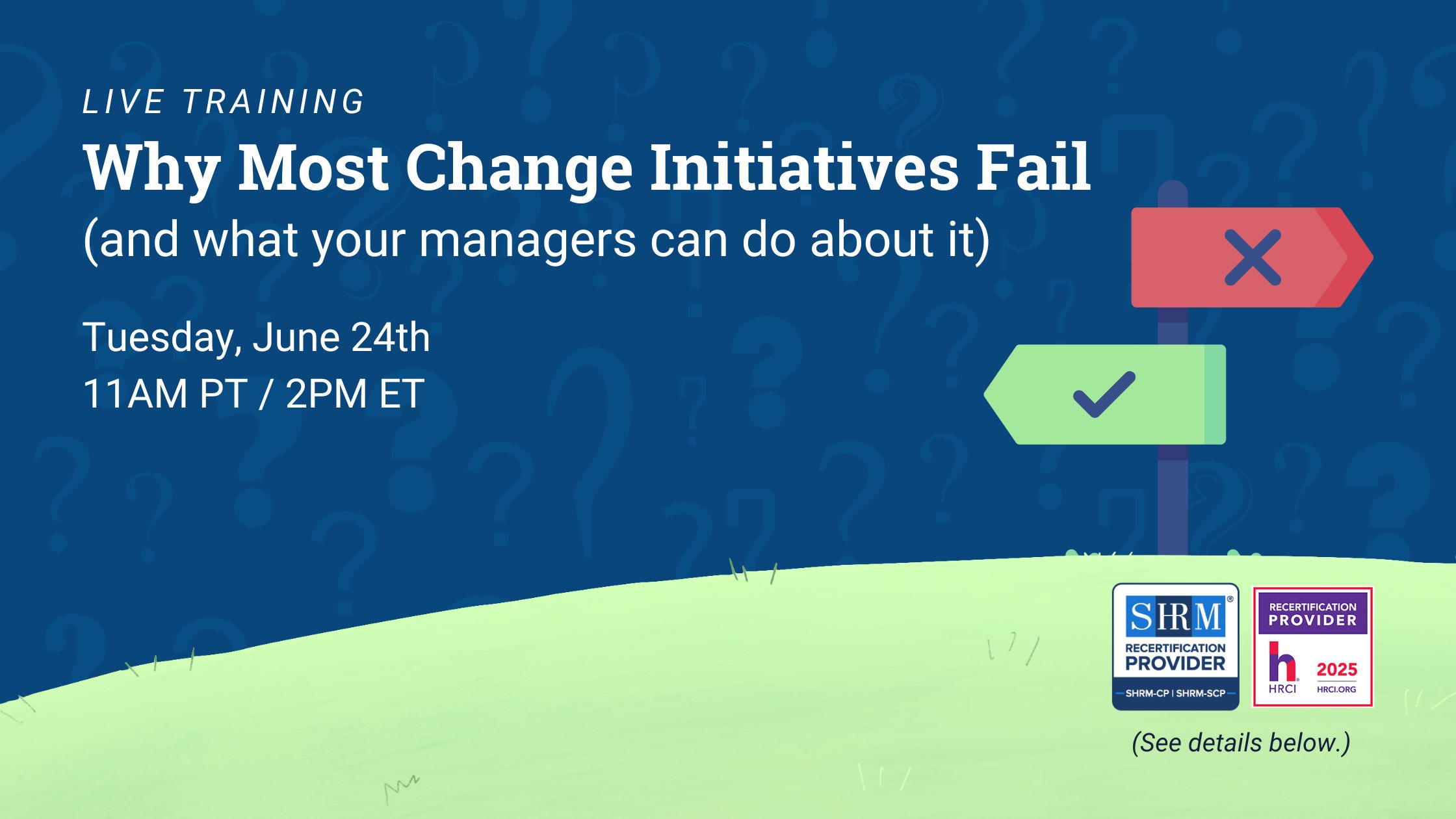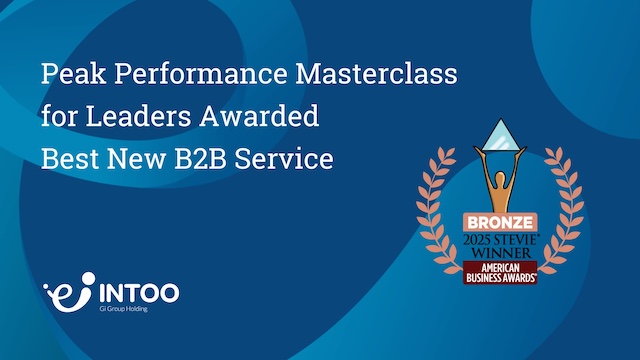While it’s now common for organizations to have Diversity, Equity, and Inclusion (DEI) initiatives, not all companies have clear strategies to meet their goals. However, one tactic is easy to implement and that is skills-based hiring. Skills-based hiring helps organizations to increase both their diversity and the skill set of their workforce, in addition to improving their ability to find the perfect candidate.
What is Skills-Based Hiring?
Historically, many companies had hiring practices that included degree requirements. This requirement screened out many qualified candidates, who may have had the skills and experience needed to excel in the position.
Skills-based hiring instead focuses on the hard and soft skills needed to successfully perform the responsibilities of the job through a detailed job description and settings in the applicant tracking system. This allows a larger pool of qualified candidates to be considered for the role.
How Does Skills-Based Hiring Increase Diversity?
The traditional degree and education requirements often have the result of disqualifying candidates from lower economic brackets, which only increases the opportunity gap for that population. This is particularly true for jobs that require employees to work in the office, as the requirement further narrows the talent pool by geography.
By focusing instead on the hard and soft skills necessary to perform the responsibilities of the position, you open the candidate pool to a more diverse set of candidates who are the most capable of meeting and exceeding the requirements. This facilitates hiring a diverse group of employees, which can bring a diversity of backgrounds, insights and knowledge to your organization.
This more diverse knowledge set can lead to a more diverse customer base, better talent retention, and increased potential for innovation. Think about how brainstorming and problem-solving are integral to product developments and improvements. The more unique points of view, skills and backgrounds you bring to these processes, the more innovative ideas your teams can generate. You’ll also have a team that can better identify with the needs of your customers.
How to Get Diverse Applicants with the Right Skills
1. Focus on skills in the job description
Think critically about what traits and skills will help a person succeed in the position. Will excellent communication be necessary? What about time management? Innovation? Consider these and other soft skills and then home in on the hard skills the employee would need to get the job done.
Be clear in the job description about what skills and traits are required, without adding unnecessary disqualifying requirements such as education. Be sure that your application tracking system is also set up to not unnecessarily exclude those who have the right skills.
2. Offer assessment tools to your candidates
Oftentimes, individuals who might be the perfect fit for a position don’t have a professional resume or strong interview skills. While neither of these things always indicate the quality of the candidate, they do often reduce their chances of being hired.
You can give more applicants their best chance at being considered by implementing assessment tools and resources to help them make the best impression directly on your career site. By making these tools available to candidates, they can discover their interests, strengths, and soft skills, and then find the open positions with your organization that would be the best fit. Resume builders and interview practice tools will then help them communicate their skills to you to give them the best chance of being hired by you.
3. Consider skills within your existing talent pool
Candidates who possess the skills and experience you need may already be in your employ, whether or not they apply them to their current positions. By providing career development resources such as assessments and career coaches, you can discover untapped talent within your company and reduce the cost of onboarding. Provide opportunities for your employees to identify their skills, along with the resources to develop skills needed for the positions that interest them. This is an additional way to add to and diversify the skill set of your employees. It’s also possible that some employees would actually prefer to work in a different area of your company.
By taking an interest in their futures and nurturing their skill sets, you can create loyalty and develop leadership for your organization. And because some employees may have been hired for positions that had different requirements, you may open them up to expanded opportunities for mobility within the company.
In Summary
Skills-based hiring can be an effective part of your strategy for improved diversity, equity and inclusion, while also widening your candidate pool and giving you the best chance of finding the right person for the position at your company. With a larger set of skills among your employees, you increase your opportunities for innovation. And with a more diverse workforce, you will be able to connect with more of your consumer population, increasing your potential for greater profitability. In every stage of the employee lifecycle, INTOO helps employers protect their brand through effective candidate experience, career development, and outplacement services. Contact us to learn how we can make a difference for you and your employees.
Robyn Kern is a seasoned business writer who has written in the HR, education, technology, and nonprofit spaces. She writes about topics including outplacement, layoffs, career development, internal mobility, candidate experience, succession planning, talent acquisition, and more, with the goal of surfacing workforce trends and educating the HR community on these key topics. Her work has been featured on hrforhr.org and trainingindustry.com.











